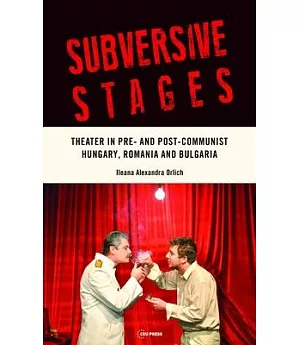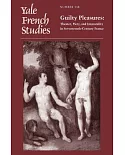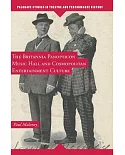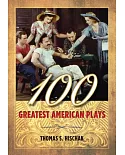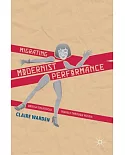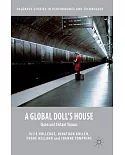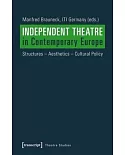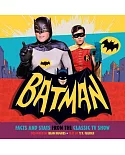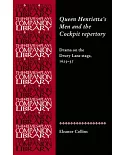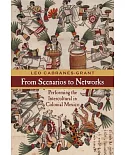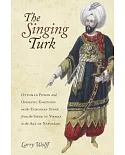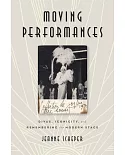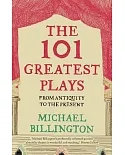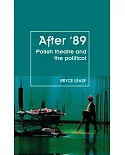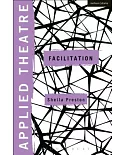This study analyzes theater in three former Eastern Bloc countries. It demonstrates how theater of the period avoided censorship to criticize politics and totalitarianism through the use of
irony, experimental theater, theater of the absurd, and staging classic plays with modern twists. Material is in sections on the Russian and French masters, Shakespeare in Central and Eastern
Europe, and inserting god into politics. Writers and directors discussed include Vlad Zografi, Nedyalko Yordanov, and Nic Ularu. Other topics include adapting Molire and Jules Verne to Soviet
censorship, and reading Bulgaria’s communist political culture through Shakespeare’s Hamlet. Distributed by Books International. Annotation ©2017 Ringgold, Inc., Portland, OR (protoview.com)

